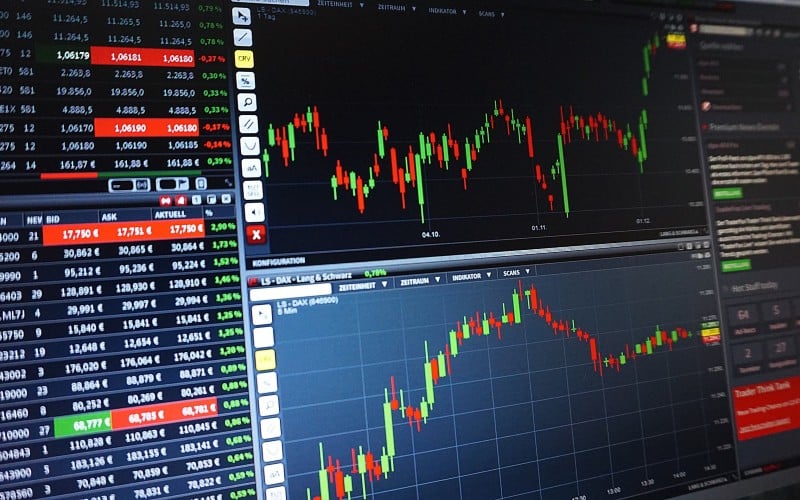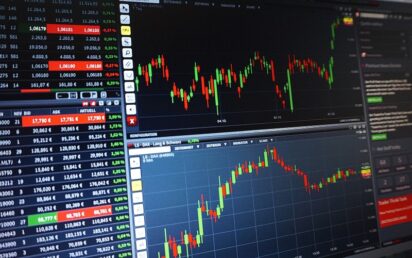The foreign exchange (forex) market offers immense opportunities for businesses and traders. However, entering this market requires compliance with regulatory frameworks, making the acquisition of a forex license (https://fastoffshorelicenses.com/forex-broker-license/) essential.
Why is a Forex License Important?
1. Legal Compliance:
Ensures operations within regulatory boundaries, protecting against legal issues and penalties.
2. Credibility and Trust:
Builds trust with traders and investors by demonstrating transparency and adherence to regulations. It’s also vital that you utilise trustworthy brokers when trading, such as Tradu.
3. Access to Banking and Payment Systems:
Essential for establishing relationships with banks and payment processors.
4. Global Market Reach:
Enables international operations.
Types of Forex Licenses
1. Market Maker License:
For brokers acting as counterparties to client trades.
Requires higher capital and stricter compliance.
2. STP/ECN License:
For brokers using Straight Through Processing (STP) or Electronic Communication Network (ECN) models.
3. Multi-Asset License:
Covers forex, commodities, stocks, and cryptocurrencies.
Key Jurisdictions for Forex Licensing
1. Cyprus (CySEC):
Popular for EU market access. Requires €125,000 for STP brokers and €730,000 for market makers.
2. United Kingdom (FCA):
Respected globally, emphasizing client fund segregation and strict reporting.
3. Australia (ASIC):
Known for rigorous compliance and risk management policies.
4. Seychelles (FSA):
Cost-effective, requiring $50,000 minimum capital.
5. Belize (IFSC):
Offers fast and affordable licensing with $500,000 capital deposit.
General Requirements for a Forex License
1. Minimum Capital:
Ranges from $20,000 to over $1 million, depending on jurisdiction.
2. Corporate Structure:
Requires a registered company in the licensing jurisdiction.
3. Directors and Key Personnel:
Background checks ensure financial and professional integrity.
4. AML and KYC Policies:
Mandatory anti-money laundering and customer verification frameworks.
5. Office and Local Presence:
Some jurisdictions require physical offices and local employees.
6. Technology Infrastructure:
Secure trading platforms to protect client data and funds.
Steps to Obtain a Forex License
1. Choose the Jurisdiction:
Evaluate costs, regulatory requirements, and target market.
2. Establish a Legal Entity:
Register a company in the chosen jurisdiction.
3. Prepare Documentation:
Compile business plans, AML/KYC policies, and financial statements.
4. Submit Application:
File with the regulatory authority and pay associated fees.
5. Undergo Review:
Authorities may conduct interviews and inspect the setup.
6. Obtain the License:
Approval allows legal operations.
Costs and Timeline
• Application Fees: $2,000 to $50,000.
• Capital Requirements: $20,000 to $1 million.
• Legal and Consulting Fees: $10,000 to $50,000.
• Annual Renewal Fees: Start from $5,000.
Timelines range from 3 months to over a year, depending on jurisdiction and complexity.
Conclusion
A forex license is critical for establishing credibility and operating legally in the forex market. By understanding licensing requirements and choosing the right jurisdiction, businesses can navigate regulatory complexities and unlock growth opportunities in this dynamic financial sector. Partnering with experienced consultants can streamline the process and ensure compliance with global standards.


